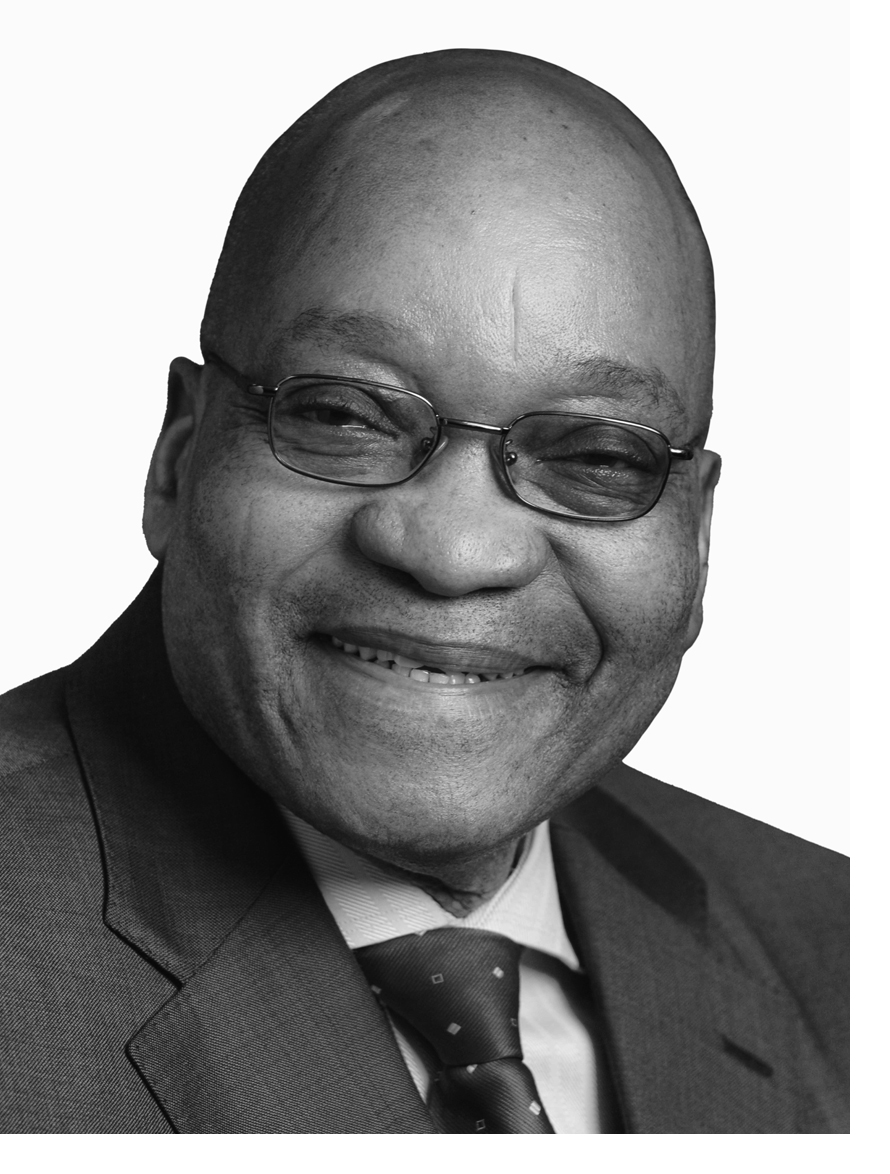Statement by His Excellency, President Jacob Zuma, on the occasion of the Joint Media Conference following the meeting with Her Excellency, President of the Republic of India, Mrs Patil, Union Buildings, Pretoria

Excellency President Patil and your delegation,
Members of the media,
We are delighted to welcome Her Excellency, President Patil, and members of her delegation to South Africa.
This is a significant state visit because relations between India and South Africa date back many decades. It is more important as it takes place during the year in which the country marks 100 years of the oldest liberation movement in Africa, the ANC.
Our two nations share a history of struggle against colonial oppression and racism. Therefore, the centenary is important to India as well, as evidenced by the high level delegation sent to the celebrations in January.
We also share deep social, economic and cultural ties.
In 2010, we celebrated the 150th anniversary of the arrival of the first group of 342 Indians on the Truro in 1860.
Since then, South Africans of Indian descent have made a major contribution to South Africa in various fields – social, cultural, political, economic, academia health and South African life in general.
Many illustrious South Africans today trace their roots back to the Indian sub-continent. Our history of nation-building is all the richer for their contribution.
Excellency,
In our talks we reflected on how we can further translate our historical ties into meaningful socio-economic development cooperation. Progress is being made in that regard.
Less than two months ago, I was in New Delhi to attend the 4th BRICS Summit, so successfully hosted by India.
We would like to further enhance cooperation with India in a number of areas, especially infrastructure development, training, trade relations and tourism.
South Africa received enormous support and encouragement from India and our other BRICS partners - Brazil, Russia and China, on our major infrastructure development plans.
We have once again extended an invitation to Indian business to invest in our infrastructure development programme, in which we are to invest more than R800 billion until 2014.
This will translate into R300 billion in the energy sector and R262 billion in transport and logistics projects.
The infrastructure plan is driven and overseen by the Presidential Infrastructure Coordinating Commission, or PICC.
The Commission has already identified and developed forty-three major projects and infrastructure initiatives from state-owned enterprises as well as national, provincial and local government departments.
To boost our infrastructure programme, we wish to enhance skills in the areas of engineering; information and communication technology; computer science; finance; economics and accounting to name just a few. We will be seeking cooperation with India on the acquisition of some of these skills.
With regards to tourism, between 2005 and 2010, the number of Indian tourists to South Africa increased by 122%.
In 2011, the number in the first nine months of the year had already surpassed by 29 percent, that of the same period in 2010.
As a result, India is now ranked seventh in the top 20 source markets for South African tourism.
The Southern African Tourism Association is training more than 1,000 Indian travel agents and tour operators in India to ensure they have the skills and experience to market South Africa. We are doing this because we want tourism from India to South Africa to increase significantly, especially after this State Visit.
Ladies and gentlemen,
While trade between South Africa and India increasing steadily, we should all work to reach ever higher figures.
In 2011, bilateral trade between India and South Africa stood at R53.7 billion; with South Africa exporting goods to the value of R24.4 billion to India and importing goods from India to the value of R29.3 billion.
Our Ministers responsible for Trade and Industry and Trade and Commerce are of the view that we should increase our mutual trade to R111 billion by 2014. I fully endorse the view.
We welcome existing development support. Many South Africans are benefitting from India’s ITEC programme, which shares the Indian development experience with developing countries.
This covers skills development in traditional areas such as agriculture, small business management to science, technology and biotechnology.
South Africa would welcome even more training opportunities.
During our discussions, I also thanked the President for India’s continued development support, for example the projects at the Phoenix settlement that was established by Mahatma Gandhi.
I believe the President will visit the settlement during the week.
Your Excellency,
We are truly delighted to host you in our country, and wish you a pleasant and successful visit.
I thank you.




